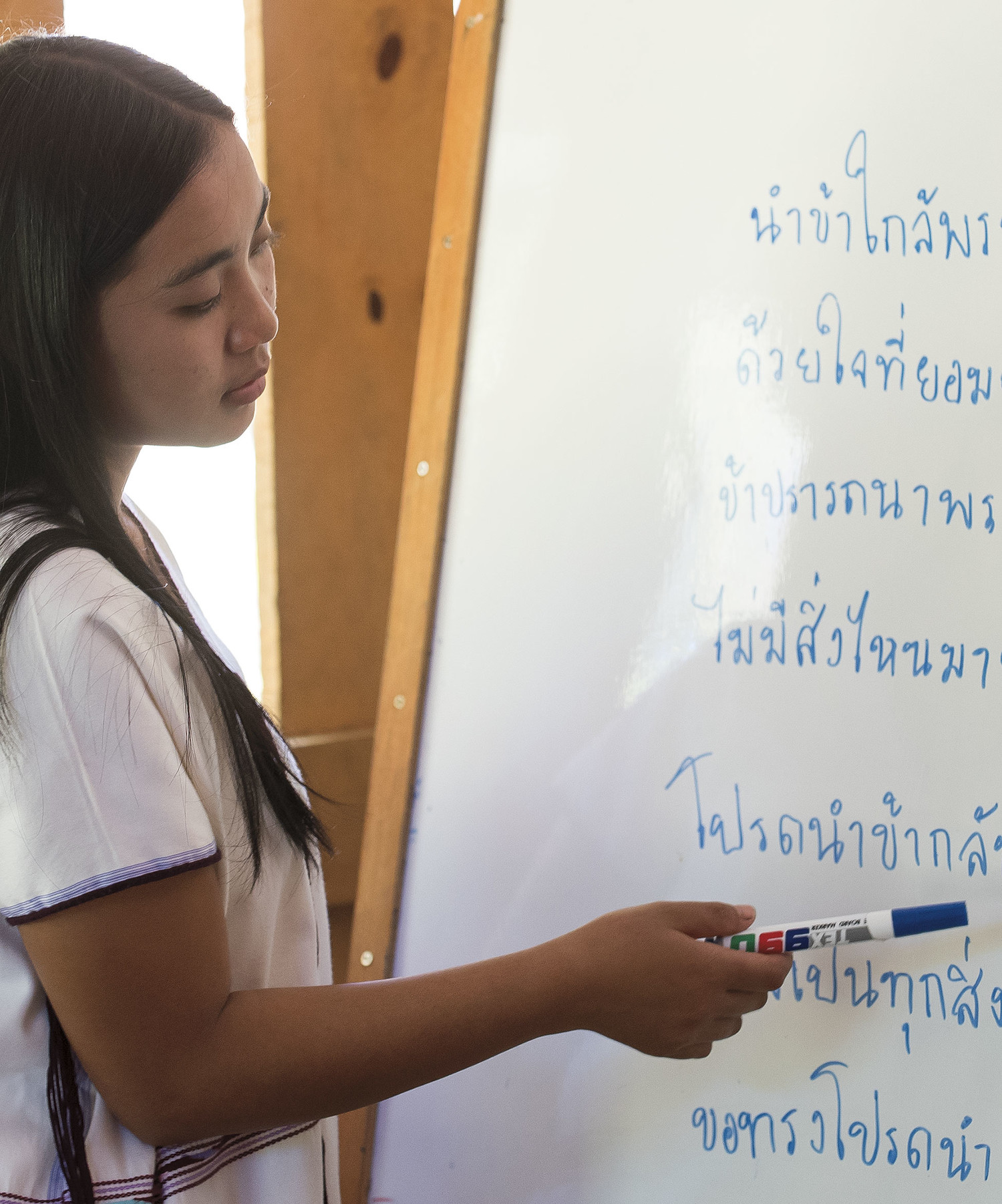As Syrian refugees arrive in our country, Canadian reaction is mixed. We all feel the tension between safety, a sense that we have to do something, and a desire to deepen our long-standing reputation as a nation that welcomes immigrants. Many of these reactions are driven by politics, self interest and fear. But how should the Church react?
Let me start by addressing what this has to do with Bible translation. Wycliffe’s heart beats for minority language communities everywhere. For too long, we have allowed concerns about safety for work in sensitive locations to silence our advocacy to the Canadian Church for minority languages among Muslim populations. Wherever a minority language community is ensnared by false gods and local religion, we have an obligation to bring the light of the gospel and to be a voice for the marginalized—including immigrants to Canada.
The biblical mandate is far more than simply a duty to respond to any humanitarian crisis. We are to love as we were loved, forgive as we were forgiven and show grace as we were shown grace. We are to execute justice for the orphan and widow, and love the foreigner living among us, because we were foreigners (Dt. 10:18-19).
We are to reject fear, which does not come from God, instead showing perfect love—even to strangers—because God first loved us (1 Jn. 4:18, 2 Tim. 1:7). We are even to think of strangers and aliens as potential fellow citizens and family members, because we gentiles were once alienated from Jews, and were strangers to God’s covenant (Eph. 2).
In his book, A Wind in the House of Islam, David Garrison says that when violence is done in the name of Islam, Muslims are attracted by a God of love and faithful Christian witness that turns the other cheek. Conversely, when Christians respond to violence in kind, motivated by fear or hatred, Islam begins to look more attractive.
The Church has a responsibility to lead the way because so many of these refugees are Muslim. I'm grateful then, that many congregations in Canada are adopting families from Syria and other Muslim countries. But there's a way to do it well, and that’s where Wycliffe can share some ideas from its extensive cross-cultural experience. If your congregation is considering multicultural ministry, prepare and equip yourselves:
• Learn how to reach across different cultures, how to really listen and learn from each other. Refugees are not a homogenous block; instead, they are made up of a mix of religions, and indigenous languages and cultures.
• Find a local ministry serving refugees who can then walk alongside you in supporting these families as they transition to life here.
• Consider how Syrian Christians and Syrian Muslims respond in different ways to the western Church and use appropriate Scriptures in a form and language that will be understandable and effective in reaching their hearts.
To learn more, see Wycliffe's collection of language and culture acquisition resources and links to other ministries at churchresources.wycliffe.ca.
We have an obligation to wage love when the world urges us to wage war. The Church’s role doesn’t stop with overseas ministry, and this influx of refugees into Canada is a good example of serving the world as it comes to our door.
